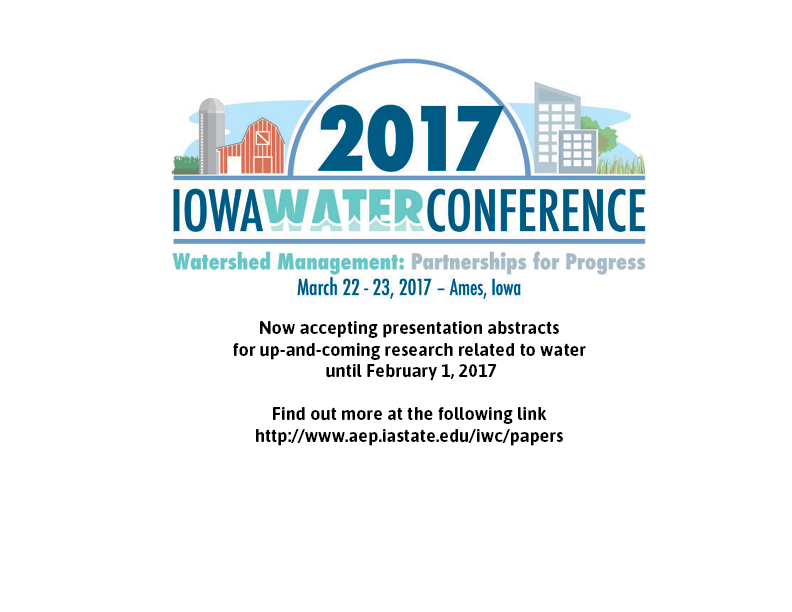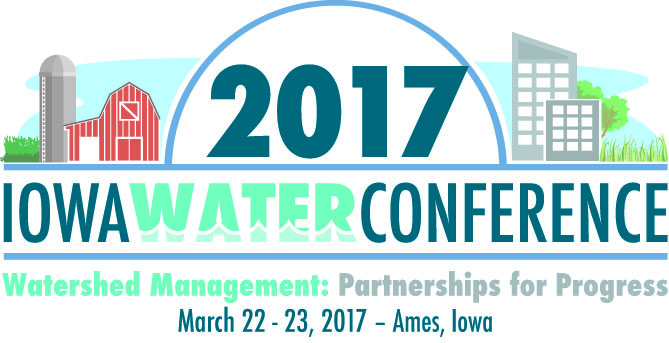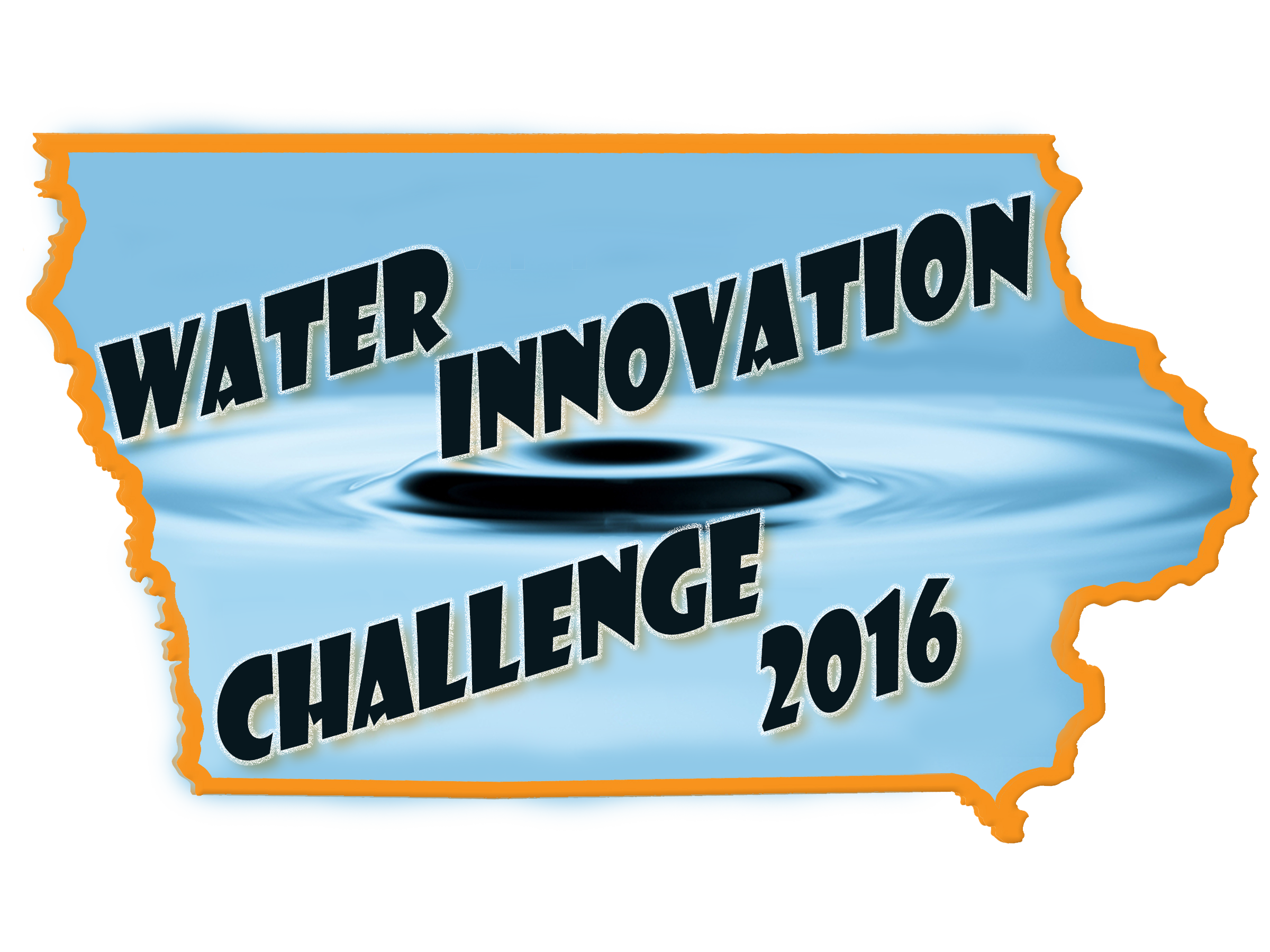2017 Greene Soil and Water Conservation District Summer Internships
Duration: 10-12 weeks, 40 hours per week
Locations available: Jefferson, Iowa (Greene County)
Pay: $12.00 per hour
Qualifications: Open to any students currently enrolled in college or recent graduate majoring in a field of study related to agriculture, conservation, engineering, construction trades, GIS, communications, public relations, urban planning, or environmental sciences.
Duties: The Intern will assist the Greene Soil and Water Conservation District and Natural Resources Conservation Service with duties including, but not limited to:
- Working with local landowners and partners to develop interest in and commitment to implementation of conservation programs and activities
- Water quality monitoring through the collection of water quality samples
- Assist field office staff with the development of conservation plans and implementation of conservation practices
- Working with Palmer Amaranth in CRP plantings.
Work environment: This position includes both office and field work. Successful candidates will work as part of a local team as well as independently, be able to traverse rough terrain on foot, spend time outdoors in the summer months, be able to work with the public including landowners and customers, use GPS/GIS tools, work in extreme temperature or inclement weather as required, work around large equipment, and complete work in a timely manner. A valid driver’s license is required.
Reporting: The Intern will report to the District Conservationist on a day-to-day basis. A background check of the student will be required.
The student Intern will also make a formal presentation at the end of their internship to report on their experience and work completed over the summer. The student is expected to coordinate the planning of this meeting and present findings to interested conservation partners.
Deadline to apply: Applications must be received (not postmarked) by 4:00 p.m. on Monday, May 8th, 2017
Application Process: Submit a Cover letter and Resume or attached application to: Greene Soil and Water Conservation District, 1703 N ELM ST, Jefferson, Iowa 50129


